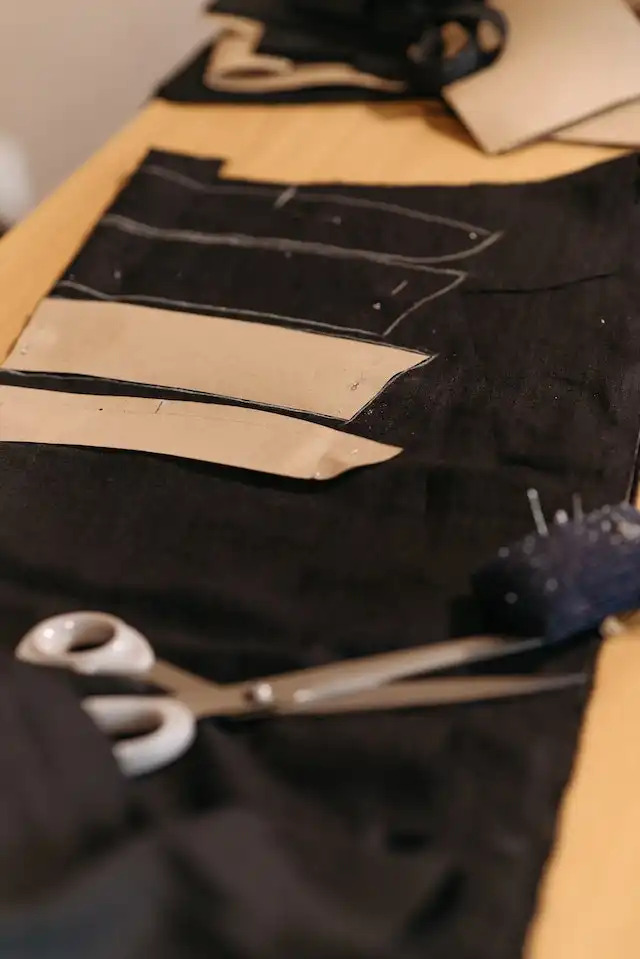In the quest for a greener and more sustainable future, the fashion industry is undergoing a transformative shift towards eco-conscious fabrics and materials. As consumers become increasingly aware of the environmental impact of their clothing choices, the demand for sustainable alternatives is rising. This article aims to explore the significance of eco-conscious fabrics, their benefits, and their contribution to a more ethical and environmentally friendly fashion landscape.
- The Urgency for Eco-Conscious Fabrics
The conventional textile industry heavily relies on resource-intensive materials and chemical processes, leading to severe environmental consequences. From the heavy water consumption of cotton farming to the pollution caused by synthetic fabrics, the environmental footprint of traditional textiles is alarming. Eco-conscious fabrics present a viable solution, addressing these challenges head-on.
- Understanding Eco-Conscious Fabrics
- Organic Cotton: Organic cotton is grown without harmful pesticides and chemical fertilizers, reducing water usage and soil pollution. Choosing organic cotton supports ethical farming practices and promotes biodiversity.
- Hemp: Hemp is a versatile and eco-friendly fiber that requires minimal water and grows quickly without the need for pesticides. It yields a durable fabric that softens with each wash.
- Bamboo: Bamboo is a fast-growing and regenerative plant that requires no pesticides. The resulting fabric is naturally breathable and biodegradable, making it an excellent alternative to synthetic materials.
- Tencel (Lyocell and Modal): Tencel is derived from sustainably sourced wood pulp, often from eucalyptus or beech trees. The closed-loop production process ensures minimal waste and chemical usage, making Tencel fabrics highly eco-conscious.
- Recycled Polyester: Recycled polyester is made from post-consumer PET bottles and discarded polyester garments. By diverting plastic waste from landfills and oceans, this material helps reduce environmental pollution.
- Organic Wool: Organic wool comes from sheep raised in a humane and chemical-free environment. It is biodegradable and renewable, making it a planet-friendly choice.
- The Benefits of Eco-Conscious Fabrics
- Reduced Environmental Impact: Eco-conscious fabrics significantly decrease the consumption of water, energy, and chemicals during production, thereby lessening the overall environmental burden.
- Biodiversity Preservation: Choosing sustainable materials like organic cotton and hemp promotes responsible agricultural practices that preserve biodiversity and protect ecosystems.
- Biodegradability: Many eco-conscious fabrics are biodegradable, meaning they naturally break down over time, reducing waste and pollution.
- Safer for Workers: By avoiding harmful chemicals in production, eco-conscious fabrics prioritize the health and safety of textile workers, preventing exposure to toxic substances.
- Circular Economy: Recycling materials like polyester and using biodegradable fabrics contribute to a circular economy, minimizing waste and extending the life cycle of textiles.
- Fashion Brands Embracing Eco-Conscious Fabrics
Several forward-thinking fashion brands have embraced sustainability by incorporating eco-conscious fabrics into their collections. These brands are at the forefront of the eco-fashion movement, setting an example for others in the industry to follow.
- Embracing Eco-Conscious Fabrics as Consumers
As consumers, we have the power to drive change in the fashion industry through our purchasing decisions. Here’s how we can contribute:
- Educate Ourselves: Learn about eco-conscious fabrics and their benefits. Understanding the impact of our choices empowers us to make informed decisions.
- Support Sustainable Brands: Choose fashion brands that prioritize eco-conscious materials and transparent supply chains. Backing these brands fosters the adoption of sustainable practices among others.
- Buy Less, Choose Well: Opt for quality over quantity and invest in timeless pieces that will last longer. Reducing our overall consumption helps combat the fast fashion culture.
- Second-Hand Shopping: Explore thrift stores and online platforms for second-hand clothing, giving pre-loved garments a new life and reducing demand for new items.
Embracing eco-conscious fabrics and materials is not just a passing trend; it’s a crucial step towards a more sustainable fashion industry. By choosing fabrics like organic cotton, hemp, bamboo, Tencel, and recycled polyester, we can reduce the fashion industry’s environmental impact and contribute to a cleaner, healthier planet. As consumers, each purchase we make sends a message to the industry, encouraging the adoption of more eco-friendly practices. Let us unite in this sustainable fashion revolution, shaping a brighter future for fashion—one garment at a time.



